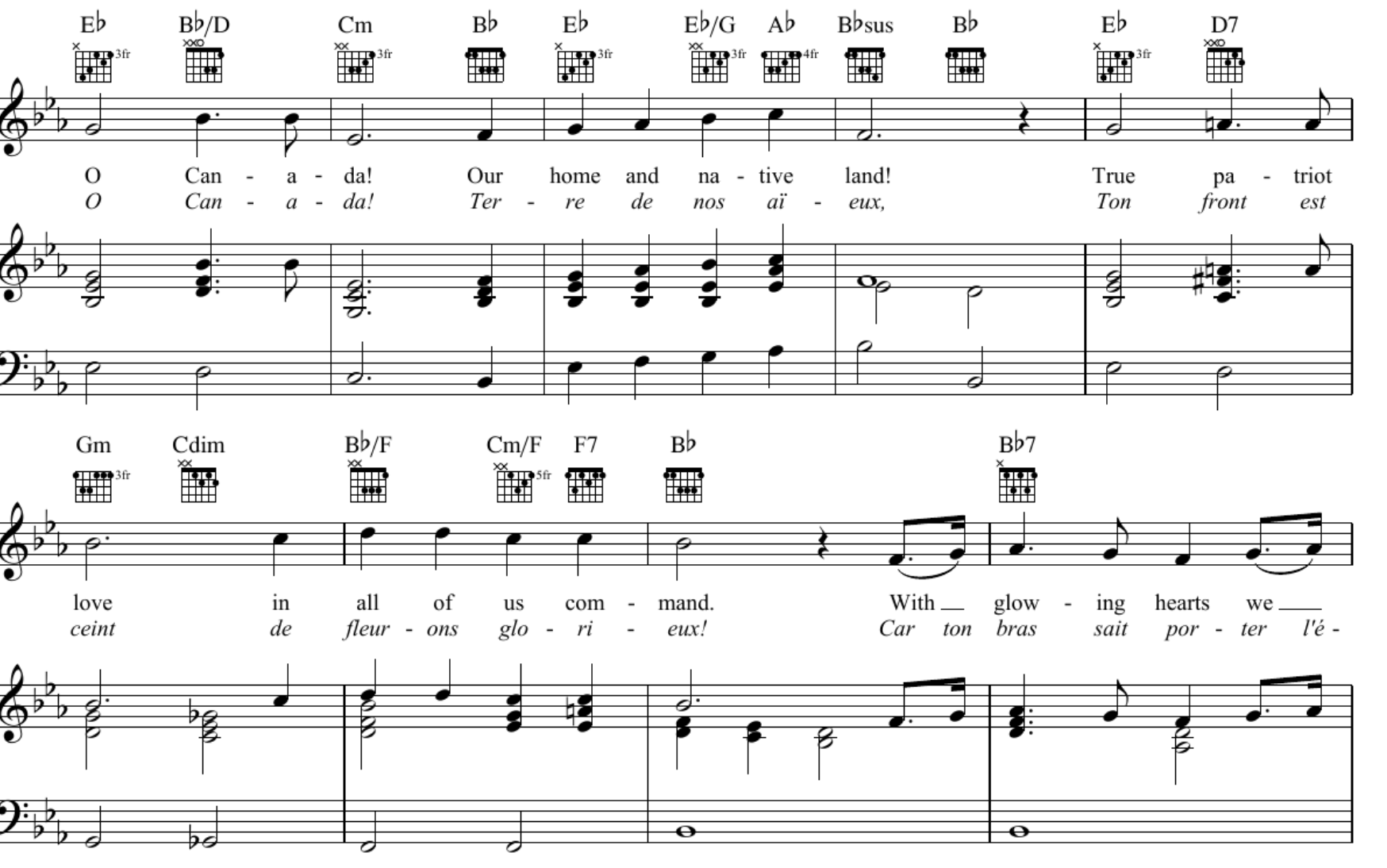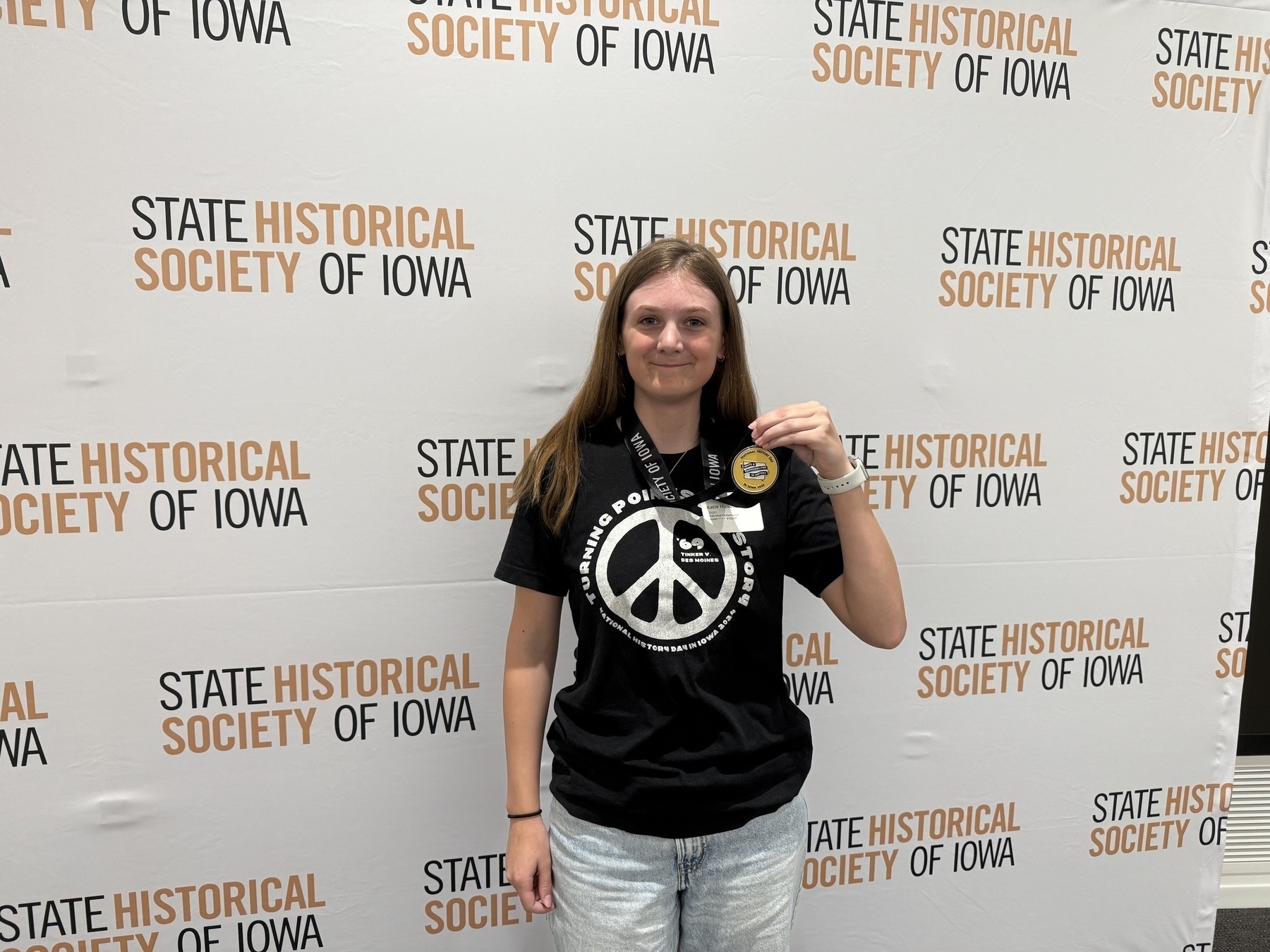Category: Longform
You are viewing all posts from this category, beginning with the most recent.
Cultivating Natural Community, or, Making Friends Outside of Church
It’s been a couple weeks since I first read this piece but want to make sure I don’t forget it. Kenneth B. on Substack wrote “Another Bible Study Night Will Fix It… Really????”, and boy did it ring true to me.
Why is Christian community in America so often based on church meetings? Have you ever noticed that churches tend to organize social life around structured gatherings, rather than around the kinds of unplanned, natural friendships that unfold throughout the ordinary rhythms of daily life?
Here is a sample of recurring meetings I’ve seen in various churches: “Bible Study,” “Men’s Group,” “Women’s Group,” “Young Married Couples’ Group,” “Sunday School,” “Vacation Bible School,” “Youth Group,” “Promise Keepers,” “Wednesday Night Service,” “Divorce Recovery Group,” “Alcoholics Anonymous,” “College and Career Group.”
The list is virtually endless. And while there is nothing inherently wrong with organizing groups like these, there is something telling about our need to program fellowship so meticulously.
During my adult years in evangelicalism I was so deep in this I hardly noticed it. It was the water we were swimming in. All of our community interactions were centered around church activities. The furthest we got out of that stream was an occasional lunch or coffee invite - usually initiated by me, and almost never reciprocated. I still haven’t figured out why this was such a struggle.
In my youth this was a thing our family and community seemed to do a lot better. We seemingly constantly had friends over in our home or were over at their homes; youth hangouts were frequent, families would come over for an evening meal… maybe it’s larger in my memory than it was in reality, but it was definitely more frequent than it has been in my adult life. (Was this a product of having a very outgoing father who initiated these meetups? Maybe that’s the difference?)
One of the big consequences in adulthood of having all of our friendships and community built around church activities is that when we left the church, the community (such as it was) went away as well. As in, we left the church and never heard from almost any of them again. Ever.
Kenneth has a vision for what it could look like instead:
This is not meant to be an indictment of the entire Church in America. There are wonderful communities doing beautiful work. But it is an invitation to all of us—myself included—to rethink what we mean when we say we want to “make disciples.” Are we imagining coffee shops, mentorship books, and curriculum? Or are we imagining homes with open doors, unglamorous errands, shared laughter, and long nights of prayer?
I would love to have more friends where the relationship was built around just… being friends. To have around for whatever is going around in our lives. Saturday work project? Sure, let me come over and help for a few hours. Slow weekday evening? Come over for some food and let’s hang out. No event required. Eventually I’d like to be comfortable enough friends that I’m comfortable having you visit without feeling like I have to clean house for an hour beforehand. (Now there’s the true test of a friendship!)
“Normal” Friendships Look Different
Another voice popped into the discussion in my inbox today via Stephanie Jo Warren’s slightly more aggressive post “The Myth of Christian Community”.
If you’ve never been part of a fundamentalist Christian church, here’s what you should know: We were raised to believe that connection was made through confession and that love was shown through pain. Jesus expressed his love by dying on the cross for us, and God demonstrated his love by watching in anguish as his son Jesus was crucified. Because of this, it was natural for us to associate love with pain.
We were told, “They’ll know we are Christians by our love,” but in practice, that love often appeared as emotional monitoring. Oversharing was seen as a sign of holiness, boundaries were regarded as selfish, and privacy was interpreted as hiding something sinful. As for friendship, it was unconditional; everyone in the church was considered a brother or sister. Yet, in reality, no one truly was.
Now that I’ve left the movement, I’m still learning how to be a person, let alone how to be a friend.
This also rings true to my experience. Emotional monitoring. Oversharing as a sign of holiness. Boundaries regarded as selfishness. She goes on:
There is a distinctive longing experienced by former evangelicals, ex-cult members, and those raised in environments where control replaced genuine connection. It’s a craving for friendships that don’t come with religious or spiritual expectations, for love that isn’t contingent on loyalty tests, and for invitations extended simply because someone enjoys your company- not because they’re trying to ‘pour into your life.”
It’s the pain of realizing that everything you believed about outsiders was wrong. Surprisingly, those who were meant to love you, your church community, were often the ones causing the most harm. Meanwhile, the perceived “enemy” out there can be much safer than the person sitting next to you in the pew.
I resonate with this, too. The past five years outside of Evangelicalism have been a real adventure in learning what it looks like to build relationships - can we use easier terminology here? - to make friends outside of the facilitation of church activities. Unsurprisingly, but jarringly, this only happened when we started getting involved in activities that weren’t church activities. (We never had time for those before!)
Going Forward
My kids have had to learn this post-church friend-making sort of mid-stream in their childhoods. I am happy to see them slowly figuring out how it works and finding their own communities at high school and college. My wife and I are now just a couple years from becoming empty nesters, which means the challenge of community morphs yet again as we work out what our lives look like when they’re not largely structured around kids at home.
Whatever community we find and whatever friends we make, I hope that we can end up eventually with friends who are friends to spend normal time with, doing normal life things. (The evangelical phrase “do life together” came naturally to my mind but the experience of decades puts the lie to it.) Humans need community, need friends to thrive. I hope I’ve still got some years of thriving ahead of me.
A little music nerdery: 'God of our Fathers' and 'O Canada'
This morning before church I was listening to the organist practice, and while I knew from reading the bulletin ahead of time that the processional was God of our Fathers, when I heard the organ music my brain wanted to run with it instead as O Canada. At the time I was puzzled why, but then when I actually sang the hymn while processing, I realized what it is: the second line of both songs is nearly identical in melody and harmonic progression.
I dug up sheet music for both of them in the same key just to belabor the illustration. Here’s God of our Fathers:

And here’s O Canada:

My music theory is rusty, but in the second line (“Leads forth in beauty all the starry band” and “True patriot love in all of us command”, respectively), they start on the I, hit the iii, and then the V - V/V - V cadence with almost the same melody. The Canadian anthem does sneak a transitional V/iii chord in as some passing snazziness, but on the whole: I will forgive my brain for mentally continuing on “with glowing hearts we see…” rather than “of shining worlds in splendor…”.
Thus endeth the music nerdery.
(“Thanks be to God!”)
Fifth Season 5k
This morning I got back to an event I haven’t participated in for several years: the Fifth Season 5k. This was the 40th anniversary race - every 4th of July in the morning hundreds of runners assemble and compete over either the 5k or 8k distance. It was a hot morning - 78F and humid - but that didn’t keep almost 1000 runners from racing today.
My chip time finish was 25:59, which is a PR for me, and 9th in my age group. (If I were 2 years older I would’ve been first in that age group!) Definitely feel like if it had been cooler I would’ve been able to shave another 30 seconds off that; guess I’ll have to sign up for a fall run and see how it goes. Regardless, it’s a fun event to have this many folks out on a hot holiday morning.
Hey, it's another book club (of sorts)...
Spent 90 minutes tonight on a Zoom call with a (mostly) local “Christophany group” - a collection of 15 or so who are currently discussing The Not-Yet God by Ilia Delio at the (quite reasonable) pace of one chapter per month. The group appears to come from a variety of religious backgrounds, but is united in the goal of communal reflection on the insights of Teilhard de Chardin, Ilia Delio and similar thinkers.
As someone who’s been fascinated by Delio’s work for the past few years, this group is a godsend. Thoroughly enjoyed the discussion, already looking forward to next month.
Bullet Points for a (very warm) Monday Morning
Hey, it’s Monday.
- Spent Sunday afternoon supporting my wife’s cast iron business at a local farmers market. 90F felt like 99F when we set up. Oof.
- Living life on the wild side Monday morning by upgrading my Debian install on my Emby server PC.
- Sunday morning Books & Donuts at church is fun and sometimes surprising; Senior Warden on our Vestry has taken up Becky Chambers’ Monk and Robot books at my recommendation.
- Farmers Market yesterday was a dud; shoppers were as put off by the heat as the vendors were. Good dry run for us though, I guess.
- Just signed up for my second race of the summer. Have a 5k coming up on July 4th; added a 10k on Labor Day weekend.
- Having lost a bunch of weight and now getting active this year there’s a renewed sense of physicality that I love - feeling your body tired, sore, healing - feels more alive somehow.
- Planning to attend a conference in Vegas in August for work. That’ll be my first time in Nevada, leaving me with 3 states left unvisited: Vermont, Wyoming, and Hawaii.
- Middle kid is in Hawaii right now. Jealous.
- One of these years I wanna do a road trip across the Nebraska sandhills and get to Wyoming. Have extended family that run a candy shop in Casper. That’s worth a visit.
- And just like that my Debian upgrade is done. Quick and easy and came back up perfectly.
Stay safe and stay cool, friends.
We are slowly becoming the Elders
I loved this thought from Wil Wheaton’s blog yesterday:
A friend of mine observed that we are slowly becoming the Elders, and that’s just really weird. I have been thinking about that, and it turns out there is a lot about that I’m not really ready to embrace, like accepting that people I love, who mean so much to me, are getting older (and elderly) with all that implies. It’s just … it’s really weird. At the same time, it feels really good and … gentle? … to embrace a position in life that allows me to be a kind, patient, supportive, and encouraging person in the world for anyone who needs it.
I’m thinking a lot about how I can talk about things from a place of experience, in a way that younger me would have been able to hear and internalize. I want to be a Helper so much, y’all.
Wil is such a lovely example of someone who has been through Hell, has labored - and continues to labor - at the work of healing, and who recognizes the call to care for the people around him in the ways he was never cared for. I want to become that kind of Elder, too.
If humans hadn't sinned, would Christ have still come?
I love this bit from Ilia Delio in The Not-Yet God, summarizing a thought from Franciscan theologian Duns Scotus:
The reason for the incarnation, then, is not sin but love. Christ is first in God’s intention to love. The incarnation is the unrepeatable, unique, and single defining act of God’s love. Thus, even if sin had not entered the universe through the human person, Christ would have come.
That’s good news, my friends.
Chris Arnade on American vs European values and "the good life"
Highly recommend Chris Arnade’s latest Substack discussion of the legitimate difference in human values between Europe and America and how that plays out in cultural priorities and what we think of as “the good life”.
An excerpt:
There is a genuine comprehension gap between the US and Europe. There really are two different minds with two different understandings of what it means to be a human, and that manifests in different rules, regulations, and priorities, since policy is a result of a society’s cultural preferences….
While the US and Europe share a broad commitment to classical Liberalism, and Democracy, we have very different definitions of the Public Good, which means different views of what we want out of life, and what we consider fulfilling. In broad and simplistic terms, the US emphasizes material wealth, opportunity, and individual liberty while Europe values community health, a shared common good, and a sense of place.
From the European perspective the US has a cult of the individual, and that’s why it has too many guns, obscenely large cars, can’t build a public transportation system, and has dysfunctional public spaces. From the US perspective Europeans are unmotivated unproductive slackers who would rather sip coffee all day than work, and their idea of a shared common good means stealing from the successful to give to the losers.
This difference isn’t simply about things such as tax policy, health care, and worker rights (although those matter), but about how we understand the good life, and how our built environment reflects that.
As with any of Arnade’s posts, the associated photographs really are a must-view to fully appreciate his perspective. Worth reading and subscribing.
My talks at Christ Episcopal Church Adult Forum, May 2025
The past two Sundays I had the opportunity to talk at my church’s Sunday morning Adult Forum. The first Sunday I spent most of an hour just telling my story of growing up in Evangelicalism and eventually leaving it and becoming Episcopal. It’s a long talk, but was good to tell my story and to feel like I finally have enough space and distance from it to start to be able to tell it clearly and fairly.
As I was writing my story for week 1, I had multiple topics that came up where I thought “that’s an important thing about Evangelicalism, and if you didn’t live in it for a while it might not be obvious at all”. So I compiled those into a short list and spent Week 2 talking about them. These topics included:
- Biblicism
- Congregational independence
- Entrepreneurialism
- Gender hierarchy
- Insular cultural environment and the influence of Christian media
- Opposition to Christian Tradition
One of the folks who attended week 1 sent me a link to an Ann Patchett interview with the hope that I’d respond to some comments near the end (starting about 26:20 in the link) where she asks whether what religion you pick really matters at all. It was a perfect final question to respond to and tie off my two weeks of discussion. I won’t give away my answer but I’m happy with where it landed.
State champ!
Super proud of our youngest daughter, Katie, who earlier today won first place for National History Day in the Senior Individual Presentation category at the Iowa state-level competition. To accomplish this she spent months researching her chosen topic and then wrote a 10-minute monologue portraying different historical perspectives on the topic.
It was a timely topic: “Watergate: Presidential Right to Confidentiality v. Responsibility for Justice”.
Next up: the national competition at the University of Maryland (just outside Washington, DC) in June.
